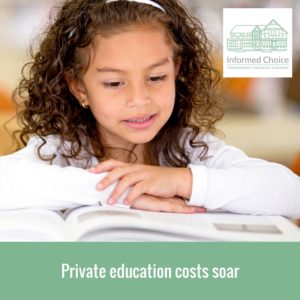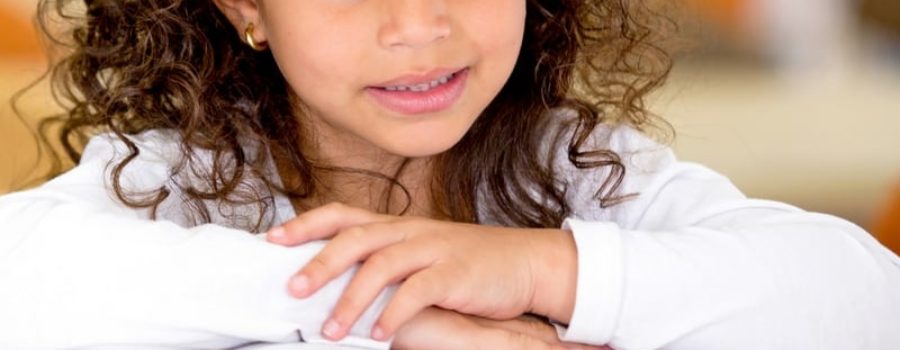 Private education costs have soared in recent years, making the outlay a significant area of expenditure for many parents.
Private education costs have soared in recent years, making the outlay a significant area of expenditure for many parents.
Parents of school leavers this year – so children who started Reception in 2003 – have paid out an average of £156,653 in school fees.
This is according to the latest research by Lloyds Bank Private Banking, which also found that parents have seen average annual fees nearly double during that time.
Average annual fees have increased by 83% between 2003 and 2016, from £7,308 to £13,341.
For many parents, these fees represent a significant amount of overall expenditure.
The average annual day fee of more than £13,000 a year represents 39% of average gross annual full time earnings.
As you might expect, the highest average fees can be found in London, where private education from age 5 to 18 costs an average of £179,145.
London is followed closely by the South East, at a total average cost of £175,068, and the South West at £160,350.
Parents in the North pay the least with a total average cost of £126,609.
As a proportion of average earnings, private school fees have increase from 28% in 2003 to 39% in 2016.
With school fees rising by significantly more than earnings growth, it has become more difficult for the average earner in many occupations to send their children to private school.
Sarah Deaves, Private Banking Director at Lloyds Bank, commented:
“All parents want the best for their children, and a good education is no exception.
“A place at a private school is a huge financial commitment, almost an eye-watering £157,000 for just one child, from Reception to finishing the sixth-form as a day pupil.
“With average annual fees at £13,341 per child and the compulsory school leaving age now 18 years, many families may well feel some strain.
“It has, therefore, become increasingly important that parents, and sometimes grandparents, plan their finances as early as possible if they want a private school education for their children.”
There are of course some sources of help and financial assistance available for parents who choose to send their children to private schools.
A total of 160,216 pupils currently receive help with their fees, representing 32% of all pupils.
The value of this financial assistance totals over £850m, which is an increase of 2.6% on last year.
85% of total fee assistance is provided directly from the schools themselves.
ISC schools currently provide more than £700m of fee assistance, an increase of 3.3% on the previous year.
Although the average fee has grown by 21% since 2011, pupil numbers remain largely unchanged compared to five years ago, with private education remaining a popular choice for many parents.
While the number of senior school pupils (11 to 16) has fallen slightly by 3% over the past five years, pupils in the other age groups have increased.
The number of sixth formers (17 to 19) has grown by 10%, children in nursery schools (0 to 3) and those in junior school (4 to 10) have both risen by 6%.
If you are a parent planning to send your children to a private school, then factoring in the expense to your Financial Plan is a must.
Financial Planning offers a valuable check that school fees remain affordable over the long-term and will help you understand the impact this decision has on your overall financial position.

